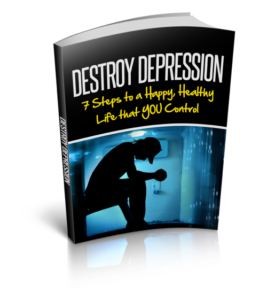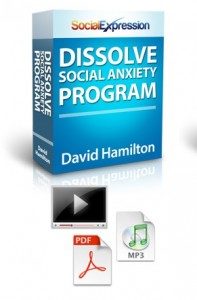There appears to be a meaningful change in how we talk about suicide and mental health. So, I was more than a little surprised to see a video news report from a regional TV network that used the term “committed” suicide. I emailed them and suggested, as do most individuals and organisations involved in suicide prevention, that they use terms such as died by suicide or took their own life. Someone may commit murder or commit a robbery but they do not commit suicide. To their credit they responded quickly and appropriately. It has left me wondering how often is this still happening?
A quick look around social media answered that question very quickly. An inspirational article about post- partum depression which used the language “committed” suicide had 35,923 shares to date. Of the numerous comments, not one made a mention of the language used. So why is that? I am suggesting one of two reasons. Firstly, that the term is so common and embed into our language that we don’t notice it. Or secondly that to make a comment about the language used could be interpreted as being heartless and missing the whole point of the article. I have to admit I couldn’t think of any way to bring up the language issue diplomatically, especially as a male who has not experienced that particular form of depression.
Some of you may be wondering, why is the language around suicide important. Research suggests the media has a huge influence on how social issues are perceived, especially around mental health. The Executive Director of Sane Australia states, “The media is a principle source of information for the community and has a major role in influencing community attitudes towards mental illness” A recent study by Arendt et.al (2018) suggested using a neutral term in news reports about suicide, increased the usage of that term. This effect was also shown to operate in reverse. They suggest using terms such as “fatal suicide attempt” as opposed to “successful suicide”. Among their conclusions are, that the language recommendations proposed by experienced suicide advocates has a positive influence on attitudes towards suicide.
It has always concerned me that any individual is in so much mental and emotional pain that taking their own life seems like the only alternative. It is a permanent solution to a what is often a temporary problem. Particularly distressing is the younger age groups who may not have the life experience to know that circumstances change (e.g. situational depression) and that there is a great deal of help and resources available for continuing mental health issues (e.g. chronic depression). Changing the language may at least to some degree change the cultural and societal perspectives on suicide. Anything that leads to removing the stigma of mental health and suicide can only help people who are suffering to speak up and seek assistance. One of the major myths about suicide is that openly discussing it might encourage or normalise it. Often a person who is thinking about ending their life feels they cannot or should not mention it, so being open about suicide can give them an opportunity to explore alternative options and create a safety plan.
If you or anyone you know is at risk of self-harm or suicide then please follow this link to the Australian Mental Health Helplines website. International readers can use this link Global Mental Health Resources for a list of helpline numbers. If there is imminent risk of harm, then please call the emergency services in your region.
Wishing you all the best in your journey
Phil Miranda
Sources: ( Arendt et.al (2018) The role of language in suicide reporting: Investigating the influence of problematic suicide referents. Social Science & Medicine 208 165–171 ) (https://docplayer.net/40954822-Suicide-and-mental-illness-in-the-media.html) (https://www.beyondblue.org.au/the-facts/suicide-prevention/myths-and-facts)



